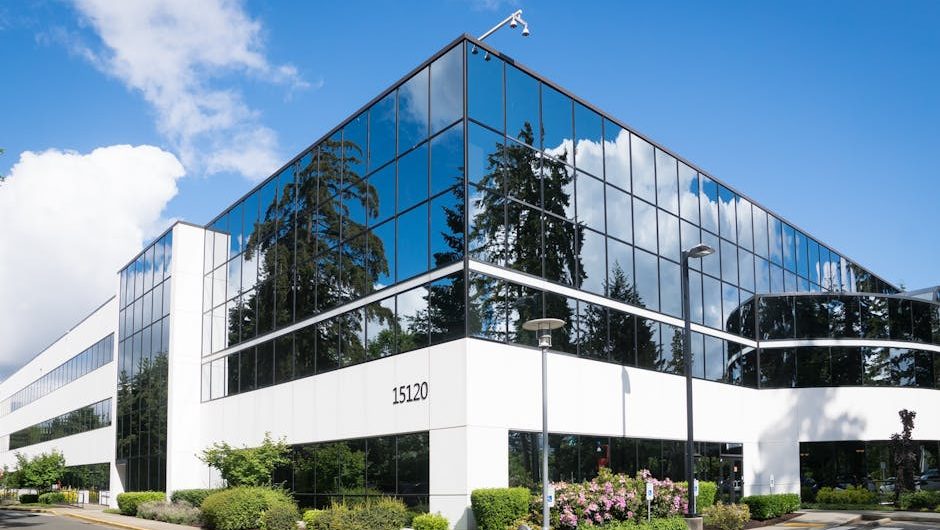nvesting in a plastic extrusion machine is a significant decision for any business. The quality of your machinery directly impacts production efficiency, product quality, and ultimately, your bottom line. With a global market teeming with suppliers, particularly from manufacturing hubs like China, finding a quality plastic extrusion machine supplier can feel like navigating a minefield. This guide will help you identify reliable partners and highlight the indispensable role of a professional sourcing agent.

Why Finding a Quality Supplier is Crucial
A high-quality plastic extrusion machine offers:
- Durability and Longevity: Reducing downtime and replacement costs.
- Consistent Output: Ensuring your products meet quality standards every time.
- Efficiency: Optimizing material and energy usage.
- Advanced Technology: Access to the latest features for better control and product capabilities.
- Reliable After-Sales Support: Crucial for maintenance, spare parts, and troubleshooting.
Choosing a subpar supplier, on the other hand, can lead to frequent breakdowns, inconsistent product quality, hidden costs, and immense frustration.
Key Steps to Finding Quality Plastic Extrusion Machine Suppliers
- Define Your Requirements Clearly:
- What type of plastic will you be extruding (PVC, PE, PP, PET, PS, etc.)?
- What are the desired output capacities (kg/hr)?
- What are the specifications of the final product (e.g., pipe diameter, film thickness, profile shape)?
- What level of automation do you need?
- What is your budget?
- Initial Research & Longlisting:
- Online B2B Platforms: Websites like Alibaba, Made-in-China, and DirectIndustry can be starting points, but require careful vetting.
- Industry Trade Shows: Events like K Show (Germany), Chinaplas (China), NPE (USA) are excellent for meeting suppliers and seeing machinery firsthand.
- Industry Associations & Publications: Often list reputable manufacturers.
- Referrals: Ask for recommendations from trusted contacts in the industry.
- Supplier Vetting – Critical Evaluation Criteria:
- Experience and Reputation: How long have they been manufacturing extrusion machinery? Can they provide client testimonials or case studies, particularly for businesses similar to yours?
- Technical Expertise & R&D: Do they have a strong engineering team? Do they invest in research and development? Can they customize machines to your specific needs?
- Quality Control Systems: Ask about their QC processes. Do they have ISO certifications (e.g., ISO 9001)? What quality checks are performed during manufacturing and before shipment?
- Component Quality: Inquire about the brands of critical components like motors (e.g., Siemens, ABB), PLCs, inverters, and gearboxes. Reputable suppliers use reliable parts.
- Factory Visit (Virtual or Physical): If possible, visit their manufacturing facility. Observe their production capabilities, organization, and quality standards.
- After-Sales Service & Support: What warranty do they offer? Is technical support readily available? How quickly can they supply spare parts? Do they offer installation and training?
- Communication: Are they responsive, professional, and clear in their communication? Do they understand your technical requirements?
The Indispensable Role of a Professional Sourcing Agent
While the steps above are useful, navigating the complexities of international sourcing, especially for high-value industrial machinery, can be daunting. This is where a professional sourcing agent or procurement agency specializing in industrial machinery becomes invaluable.
Why Partner with a Sourcing Agent?
- Market Knowledge & Network: Established agents have deep knowledge of the manufacturing landscape and a curated network of vetted, reliable suppliers. They often know which suppliers specialize in certain types of extrusion lines and which ones have a proven track record.
- Supplier Verification & Due Diligence: Agents perform thorough background checks, verify certifications, and assess the financial stability and reputation of potential suppliers, saving you from fraudulent or unqualified ones.
- Factory Audits: Experienced agents can conduct on-site factory audits, evaluating production capabilities, quality control processes, and adherence to standards far more effectively than a remote buyer.
- Technical Specification Alignment: They can help bridge any communication gaps, ensuring your technical requirements are accurately understood and translated to the supplier.
- Negotiation Power: Sourcing agents often handle multiple clients and larger volumes, giving them better leverage to negotiate favorable prices, payment terms, and warranty conditions.
- Quality Control & Inspections: They can arrange pre-shipment inspections by qualified engineers to ensure the machine meets all agreed-upon specifications and quality standards before it leaves the factory.
- Logistics & Shipping Management: Agents can assist with the complexities of international shipping, customs clearance, and delivery.
- Risk Mitigation: Overall, they significantly reduce the risks associated with sourcing expensive machinery from overseas, protecting your investment.
- Time and Cost Savings: While agents charge a fee, the time, resources, and potential costly mistakes they save you often outweigh their cost significantly. They free you up to focus on your core business.
A sourcing agent acts as your trusted partner on the ground, advocating for your best interests throughout the entire procurement process.
Red Flags to Watch Out For
- Unrealistically Low Prices: If a deal seems too good to be true, it probably is. Quality components and manufacturing come at a cost.
- Poor Communication or Lack of Transparency: Evasive answers or unwillingness to provide detailed information are warning signs.
- No Verifiable Track Record: Inability to provide references, case studies, or proof of past successful projects.
- Pressure to Pay Upfront: Especially large sums to unverified entities.
- Lack of Professionalism: Poorly maintained websites, unprofessional communication.
Conclusion
Finding a quality plastic extrusion machine supplier requires diligent research, careful evaluation, and a clear understanding of your needs. While direct sourcing is possible, the complexities and risks involved, especially in a global market, make partnering with a professional sourcing agent a strategically sound decision. Their expertise, network, and on-the-ground presence can be the difference between a successful investment and a costly mistake, ensuring you acquire machinery that will drive your business forward for years to come.


